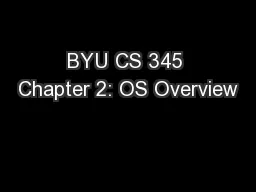PDF-Running Header LET US BE ANXIOUSLY ENGAGED Let Us Be Anxiously Engaged Madison Olsen BYU
Author : phoebe-click | Published Date : 2015-02-17
She also provides ways to be anxiously engaged by incorporating Susan 57361573477DQQHU57526V5734757523HDUQLQJ57347E57347HDUW5735957524573477KRPDV5734757361573473OXPPHU57526V5734757523LDJQRVLQJ57347DQG573477UHDWLQJ57347WKH573472SKHOLD
Presentation Embed Code
Download Presentation
Download Presentation The PPT/PDF document "Running Header LET US BE ANXIOUSLY ENGAG..." is the property of its rightful owner. Permission is granted to download and print the materials on this website for personal, non-commercial use only, and to display it on your personal computer provided you do not modify the materials and that you retain all copyright notices contained in the materials. By downloading content from our website, you accept the terms of this agreement.
Running Header LET US BE ANXIOUSLY ENGAGED Let Us Be Anxiously Engaged Madison Olsen BYU: Transcript
Download Rules Of Document
"Running Header LET US BE ANXIOUSLY ENGAGED Let Us Be Anxiously Engaged Madison Olsen BYU"The content belongs to its owner. You may download and print it for personal use, without modification, and keep all copyright notices. By downloading, you agree to these terms.
Related Documents














